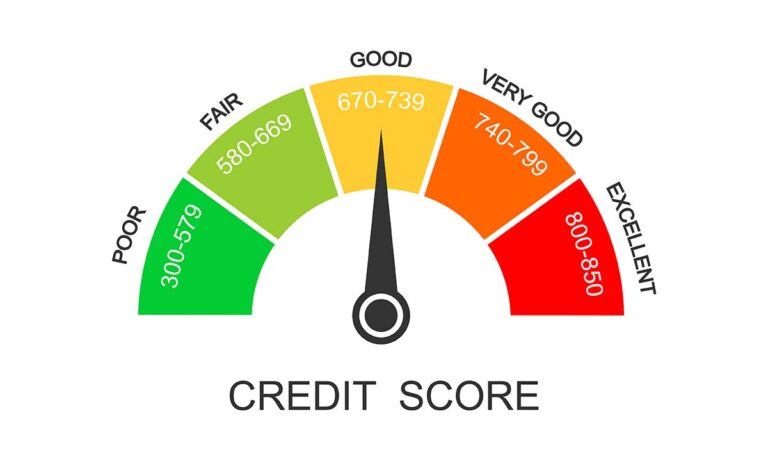Will My Loan Have A Prepayment Penalty?
Prepayment penalties are those charges which a lender imposes if you wish to pay off your loan early. Typically home mortgages are written for 15 or 30 year periods of time. While you may not hold the mortgage for the full term, it is likely that you will probably stay in the property longer than just one or two years.
For this reason, you should carefully read your note and mortgage documents, in particular the prepayment penalty clause to understand conditions which would apply to your loan. The loans which will carry a prepayment penalty often penalize you only for paying off the loan early in the first five years, and thereafter a graduating scale may apply, or there may be no prepayment penalty at all after that initial five year period.
To find out if your loan will have a prepayment penalty you should first look at the type of loan you will be acquiring. Traditional loans with fixed rates of interest usually do carry a prepayment penalty while loans with an adjustable interest rate generally do not carry the prepayment clause. There are some types of home loans which re prohibited by law from charging prepayment penalties. These loans include FHA and VA loans and federally chartered credit union loans. Prepayment penalties are illegal in some states, so you may want to check with your lender or attorney for the laws which apply for your state.
To find out if your loan will have a prepayment penalty, ask your lender when you first apply for your loan. Ask how much the prepayment penalty will be if there is to be one, and for what period of time it will apply.
Prepayment penalties can run between 2 to 4 percent of your loan amount. While you may have no intention of selling your house in the near future, and feel that a prepayment penalty would not really be an issue for you, consider the possibility of your refinancing you loan within the 2 to 5 year period of time. Interest rates may drop and you may want to refinance your loan, in which case the prepayment penalty could become an issue.
It is best to find out all the details about any prepayment penalty which may apply to your loan before you sign your loan documents. Ask questions, and if there is to be a penalty, ask if the lender would consider waiving the prepayment penalty for you. You never know when your circumstances may change and you may want to pay off or refinance your existing mortgage.
This column may not be resold, reprinted, resyndicated or redistributed without the written permission from Escrow Publishing Company.



